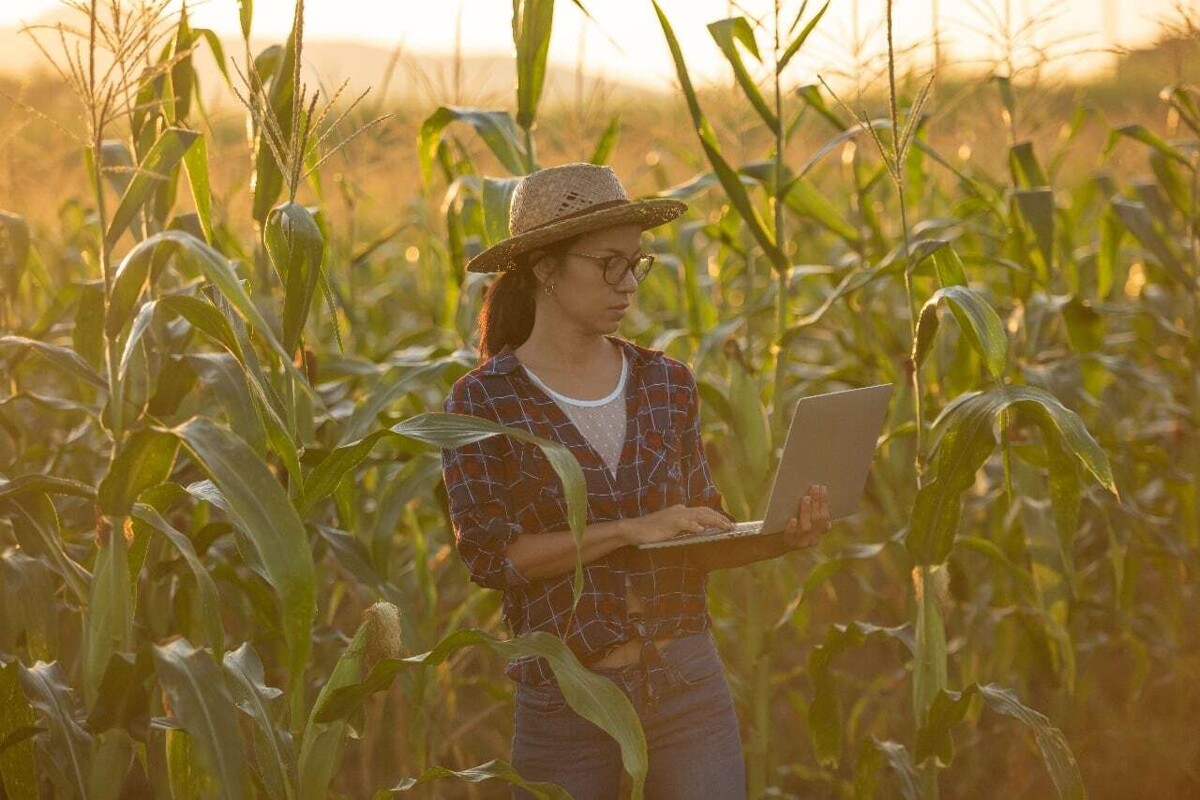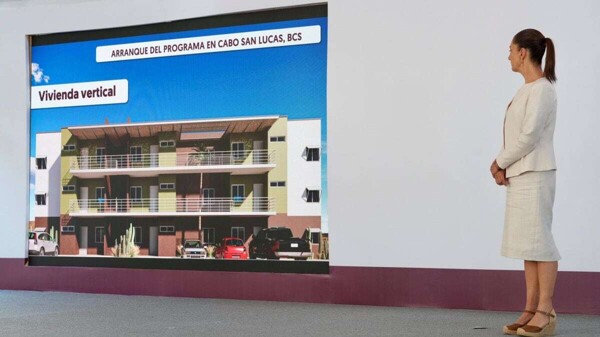
In the face of the growing climate crisis and the need to increase food production to meet a continuously growing global population, some farmers have begun to apply a set of sustainable agronomic practices and innovative solutions that are part of regenerative agriculture. These practices have saved 3.1 trillion liters of water, equivalent to the annual consumption of 21,314 households since 2023 across nearly five hectares of land.
The project driven by Bayer aims to implement regenerative agriculture on more than 161 million hectares globally by 2030. With tests conducted in various fields, it has successfully reduced water usage by up to 30% and CO2 emissions by 20%, while increasing crop productivity by 25%.
According to Bayer, regenerative agriculture combines key elements such as improving productivity and restoring nature with the help of technology. Its focus is to produce more food with fewer resources while improving soil health, biodiversity, and water conservation. By focusing on soil revitalization, this practice can achieve greater yields using less land, resources, and reducing its environmental and climatic impact.
One of the implemented tools is Carlota, a digital agriculture solution designed to optimize irrigation, reduce associated costs, and minimize the water footprint while increasing crop yields. Since its implementation in 2023, Carlota has been used on more than 4,500 hectares, covering various crops such as corn, potatoes, beans, and watermelon, achieving significant water savings.
Additionally, FieldView has been developed, a digital tool that provides farmers with real-time data about the status of their fields. It offers key information on soil moisture, pest presence, and crop yield. These practices not only improve soil quality but also promote the recovery of ecosystems, benefiting species and their habitats.
Bayer emphasizes that the implementation of regenerative agriculture will provide benefits such as water conservation, improved soil health, adaptation and mitigation of climate change, economic and social well-being of communities, increased crop productivity, and preservation and restoration of biodiversity. These customized agronomic practices are proposed as a solution for the different conditions of each field and the diverse climates of Mexico, with three technological innovations developed in the country.
One of these innovations is VITALA, a new maize production system that seeks to ensure the availability of this food globally, allowing more plants to be sown per hectare and increasing production in the same cultivation space. Developed over more than three decades in Mexico, it is based on key components such as a more compact hybrid maize plant and maximizing seed potential, achieving more efficient use of water, land, and nutrients while reducing the use of crop protection products.














